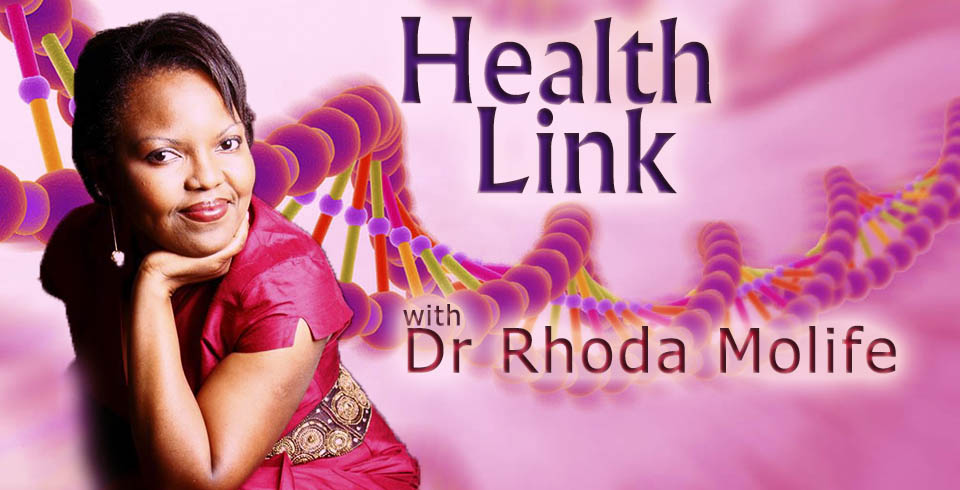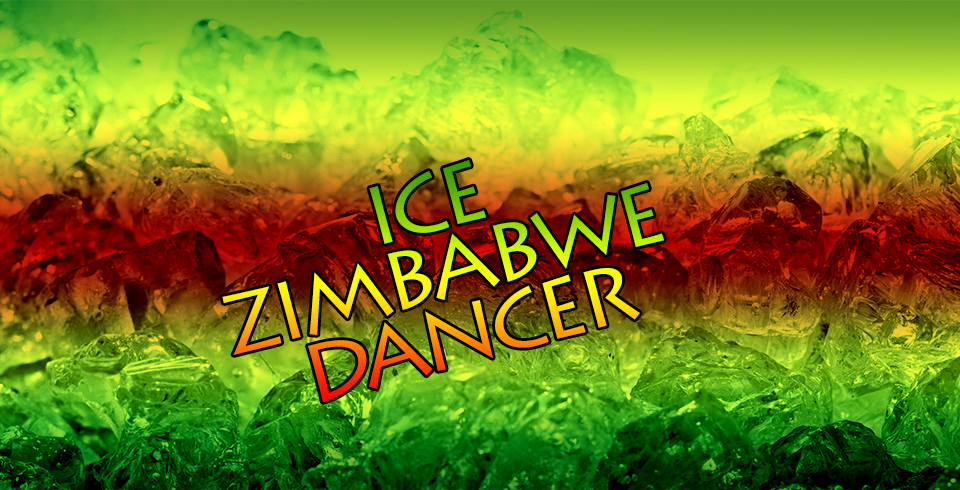There are some changes in your body that can alert to the possibility of cancer. These changes are called symptoms and signs. All illnesses and injuries have typical symptoms and signs. A symptom is a change felt by the person experiencing the illness; another person can’t easily see symptoms. Pain is an example of a symptom. A sign is a change that someone else can see. For example, a friend, relative, nurse or doctor may notice a change in someone’s skin colour.
There are certain symptoms and signs that can be caused by cancer. Having said that, just having these changes is not a sure bet that the cause is cancer. In addition, cancer is never diagnosed just by symptoms. Other tests are needed to confirm their cause. For you, the key is in knowing your body really well – how it looks and feels, so that you can pick up any changes early. You can then approach your doctor with confidence and clarity. This will allow her/him to do the right tests to find out the cause of your symptoms.
Cancer can cause any symptoms and the symptoms depend on where it’s located, its size and its effects on other parts of the body. Here are some general signs and symptoms that should always be discussed with a doctor:
Lumps
A lot of cancers can start with a lump or swelling that can be felt through the skin. Any lump that is new, growing, has a rough edge or causes pain should be checked by a doctor. The cancers that often start as lumps are breast cancer, testicular cancer and lymphoma (see previous articles for what these cancers are). Some breast cancers can start as just thickness or redness of the skin with no lumps.
Pain
Most people think that pain is a common symptom of cancer. In actual fact, a lot of people with cancer do not have pain and some never get pain. However, when pain does happen, it’s usually due to a growing lump causing pressure on nearby organs or pressing on nerves. A headache that does not go away easily, or a nagging pain in a bone should always be discussed with your doctor.
Tiredness
Extreme tiredness that does not get better with rest (the medical term for this is fatigue) can be a symptom of cancer. Cancer causes the body to use up a lot of its energy supplies and this can cause tiredness. Some cancers can cause bleeding which leads to anaemia (or anemia – low red blood cells; red blood cells contain iron that carries oxygen around the body; bleeding causes loss of these red cells meaning less oxygen gets around the body meaning less energy for the body). Cancer can also cause the body to become inefficient at making iron and red cells resulting in anaemia and tiredness.
Unexplained weight loss
As cancer uses up a lot of energy, it can also cause unexplained weight loss, especially in a short space of time, which cannot be explained by a change of diet, stress or exercise. Cancer can also release substances called cytokines (Greek cyto-, cell; and -kinos, movement). Cytokines are made by all cells, even cancerous ones, and instruct how different cells interact and behave. There are many different types of cytokines. In cancer, the levels of some cytokines can go up and change the way the body makes and uses energy; this can lead to both weight loss and tiredness.
Fever
A fever can be a sign of cancer, especially when there is no other explanation like an infection. Other types of cytokines released by cancer cells can cause fever.
Skin changes
There are some skin changes that can be a sign of cancer. Darkening, reddening or itchiness are important to discuss with your doctor. Another sign to be alert to is a yellow tinge to the skin and the eyes called jaundice. This happens when a substance called bile cannot drain out of the body normally and instead builds up in the blood making the skin turn yellow. In dark-skinned people, jaundice is best seen in the whites of the eyes (called the sclera), the palms of the hand and soles of the feet, because the yellow tinge does not look the same as in those with lighter or white skin. Jaundice can be a sign of cancer of the pancreas (the pancreas is a long flat gland behind the stomach that releases substances called enzymes that help with digesting food; it also makes insulin, a hormone that controls the level of sugar in our blood).
How do I know when to see a doctor?
It’s true to say that some of these symptoms can be caused by other less serious illnesses or may not even be related to an illness. It’s also true to say that some cancers do not cause symptoms for a long time. And, having one symptom is not enough to say that the cause is cancer. Often it’s a combination of symptoms and signs that will raise a doctor’s suspicions about cancer being a possibility. Tests are always needed to get to the bottom of suspicious symptoms.
If there is a clear reason for a symptom, or a symptom lasts only a short time, then cancer is probably not the cause. So that means if any of these symptoms don’t have an obvious reason or get worse with time (even if you have seen a doctor), then they should be looked into further. Don’t overlook any symptom that worries you – if in doubt, discuss with a doctor. It’s best to find a cancer early, when it’s likely to be smaller because this is when treatments work best.
Next article – More signs and symptoms in ‘How do I know if it’s cancer?’ – Part 2

















